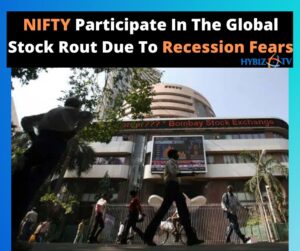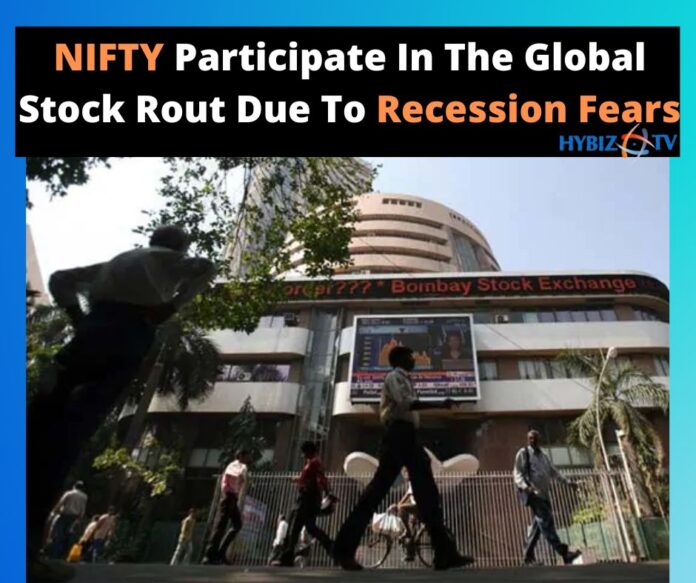India’s Stock Market Began Lower:
Indian markets started off lower, mirroring the overall slide in Asian stocks, which hit their lowest point in two years.
The battle on the edges of Europe that is enveloping the entire world in an energy crisis, a resurrection of COVID-19 in China, and the concerns of a worldwide recession are what drove Indian equities indices to open lower on Monday. These stocks, which follow larger Asian stock markets, experienced their steepest decline in two years. The 30-share BSE benchmark fell more than 300 points, while the bigger NSE Nifty was down more than 0.5 percent.


The largest MSCI index of Asia-Pacific shares outside of Japan fell to its lowest level in two years, while the Nikkei in Japan lost almost 2 percent. Since the US benchmark indices fell overnight while SGX increased, today’s trading will be characterised by caution.
Nifty and other Asian gauges also witnessed a sharp decrease in the early sessions, according to Prashanth Tapse, vice president for research at Mehta Equities. The slight gains Indian equities made at the end of Monday appear to be a one-off occurrence rather than a longer-term trend due to the volatility of the financial markets this year.
The rupee continued to depreciate sharply against the dollar and set a new record low of 79.58 just before the rate surpassed 80.
According to Reuters, investors’ focus will be on macrodata, which includes Wednesday’s consumer price index from the United States and the retail inflation estimate from India that is expected later in the day. If inflation increased significantly, interest rates would continue to rise.














